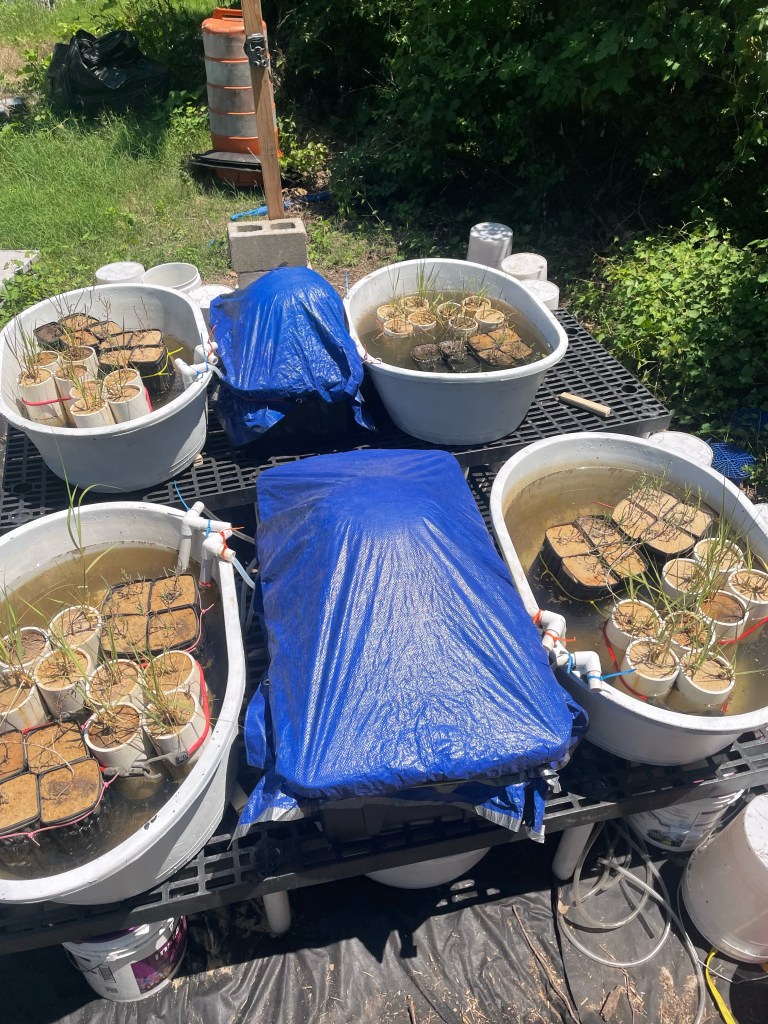Founded on the idea of equal exchange between countries and cultures, the Fulbright U.S. Student Program is the world’s largest and most diverse international educational exchange program. Each year, over 2,200 graduating college seniors, graduate students and young professionals are awarded the opportunity to pursue graduate study, conduct research or teach English in 140 participating countries.
This year, five Drexel students and recent alumni have been selected as recipients, including the Academy’s own Curatorial Assistant Daouda Njie, a recent graduate of Drexel’s Department of Biodiversity, Earth and Environmental Science who was awarded a study research grant to Fiji.

Growing up in Philadelphia, Njie was a “city boy” who dreamed about one day traveling abroad to study tropical ecosystems. “I loved nature and I always read about places like the Amazon rainforest or Madagascar rainforest and imagined going somewhere like that,” he recalled.
During his sophomore year as an environmental science major, he studied abroad on the island of Bioko in Equatorial Guinea, but even after graduating, Njie was initially hesitant to apply for something as prestigious as Fulbright.
After building a tidal simulator to study how changes in tidal regimes effect marsh plant growth and presenting his research to the Department of Biodiversity, Earth and Environmental Science, faculty members and Academy scientists encouraged him to apply. “That’s where it started, from them telling me, ‘You should really apply. I think you’d be good. I think you’ll get it,’” Njie explained.


Since graduating last year, Njie has been working as a field technician and curatorial assistant at the Academy of Natural Sciences, where his work has included traveling to salt marshes to measure salinity and track sea level rise — key indicators of the ways climate change is affecting these coastal ecosystems. In Fiji, he will expand upon this research, which he first started as an undergrad and hopes to continue in graduate school following the Fulbright experience.
Njie was drawn to Fiji because of the island country’s strong sense of culture, as well as the opportunity to continue his research on nature-based infrastructure solutions. His research will measure the amount of carbon stored in sea grass meadows and determine how well they absorb wave impact.
“This work is important because as climate change effects coastal ecosystems more, sea grass meadows and other natural ecosystems can help combat climate change by trapping carbon underground and be a physical barrier from strong waves in coastal communities,” he explained.

Perhaps even more than the research he’ll be doing, Njie is looking forward to meeting new people in Fiji. “I love learning about new cultures, especially when it challenges your own thought process,” he said. “I like those small moments where you learn something new about their food, or deeper moments about how people view race differently. Fiji is very culturally diverse, so it will be a chance to broaden my perception of the world. I want to keep growing as a person.”
Original article featured on Drexel’s College News. Written by Sarah Hosjak, Content Coordinator for the College of Arts and Sciences of Drexel University

